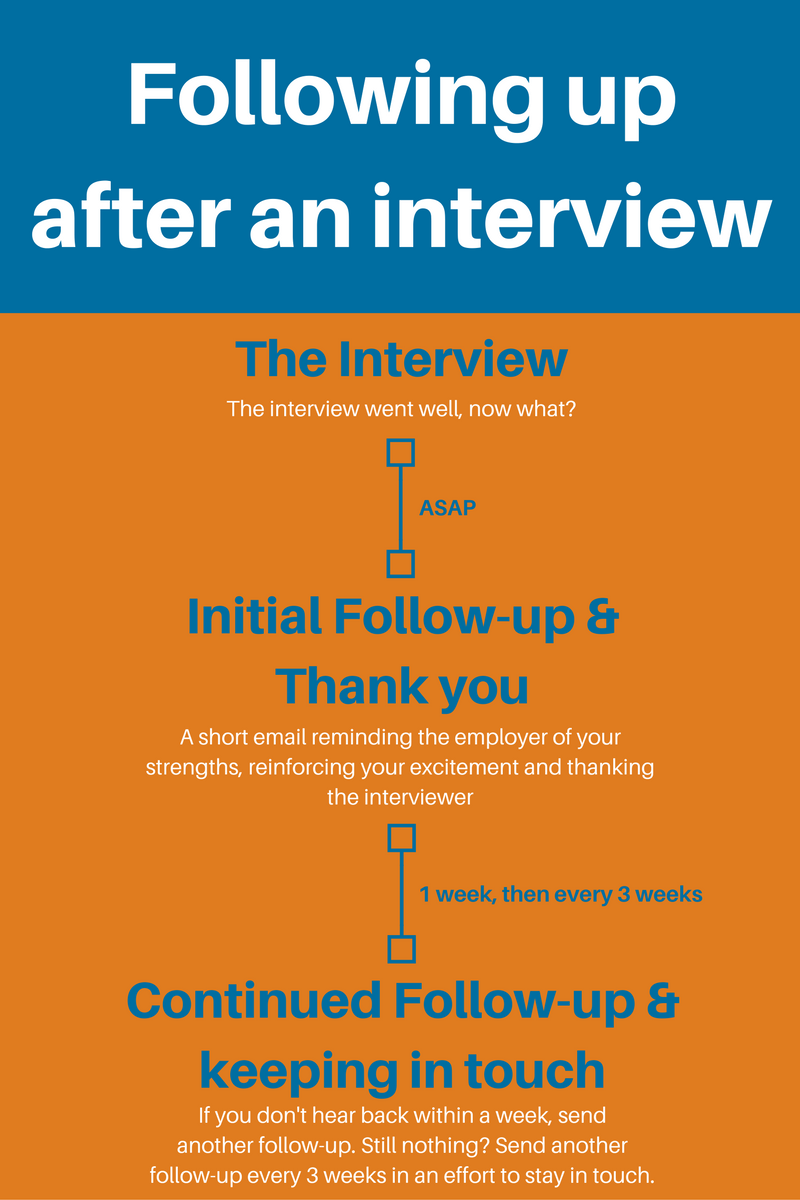

“What are the next steps in this process?”.“How many other candidates are there at this point?”.“Is there any reason you would not recommend me for the next round of interviews?”.“If I could change anything about myself to make me a better fit for the company and the position, what would it be?”.“Now that we’ve gotten acquainted, I wonder what you see as my greatest strengths relevant to this role.Questions to ask HR about your candidacy: “What is the biggest challenge the team has faced in the past year?”.That said, how they answer the recommended question may provide clues about a possible issue.) “If it’s not a new position, may I ask what the previous person moved on to?” (Note: Ask this instead of asking why that person left, which would put the interviewer in a difficult position.“Is this a new position? If so, given that it’s not easy to find the budget for a new position, what need was great enough to require it?”.“What positions have people moved to from this role, either within the company or elsewhere?”.Questions to ask HR about your target role: “What do you think is the key to working effectively with (hiring manager)?”.“How would you describe his/her management style?”.Questions to ask HR about the hiring manager (your prospective boss): “What’s the structure and hierarchy in the department?”.“Will I have an opportunity to meet my prospective co-workers during the interview process?”.“What kind of person succeeds on that team?”.“Can you give me examples of recognition people in (target department) have received?”.“What do you think other departments admire about (target department)?”.Questions to ask HR about your target department: “What are the greatest strengths of this company? And since no company is perfect, what could be improved upon?”.“How would you describe work-life balance in this company and in (target department)?”.“How does this company provide opportunities for training and advancement?”.“What’s ahead for this company in the next five years?”.“If this company were a person, what kind of a person would it be?” (Say this question with a smile it’s a bit quirky but may get a more revealing answer than a direct question about company culture.).How is the culture here different from other companies?” “I’ve read some descriptions online about this company’s culture, but I’d be interested in your own perspective on that.“How did you join this company? What makes you stay?” (A good icebreaking question for getting rapport.).Your questions reflect your judgment, critical thinking skills and level of interest in the role. You can find out more about the money and perks once you’ve got a written offer in your hands, when you’re in a much better position to negotiate.Īsking the right questions–and not the wrong ones–will not only help you decide whether you want the job, but may well influence whether you move forward.

Demonstrate your motivation and interest in what you can do for the company, not what they can do for you. I can ask them in the next interview.” Asking the right questions says a lot about you.ĭon’t ask, yet, about benefits, salary, time off and so on, unless if they bring it up. Use your social intuition to judge when it’s time to smile and say, “I have more questions, but I don’t want to keep you all day. Prioritize the questions so you can ask the most important ones first, because the interviewer probably won’t have time to answer them all. Then create a list of your top 10 questions, drawing from the list below as well as your own research and interests, and keep it handy at all times, along with the job posting and your resume. This will enable you to ask much better questions in the screening, which could occur almost immediately and without notice.

Research the company online, and through word of mouth if possible, as soon as you apply. You may learn something important from the differences as well as the common themes. Later, compare their viewpoints with those of the hiring manager (the person who would be your boss). Their answers can provide unique perspectives on the company and the team you’re interested in joining. However, the interviewer may not know much about the job you’ll be doing, so what’s left to ask them about? “What questions do you have for me?” Most job interviews include this question, and it’s important to ask good questions, even in an HR phone interview or video screening.


 0 kommentar(er)
0 kommentar(er)
